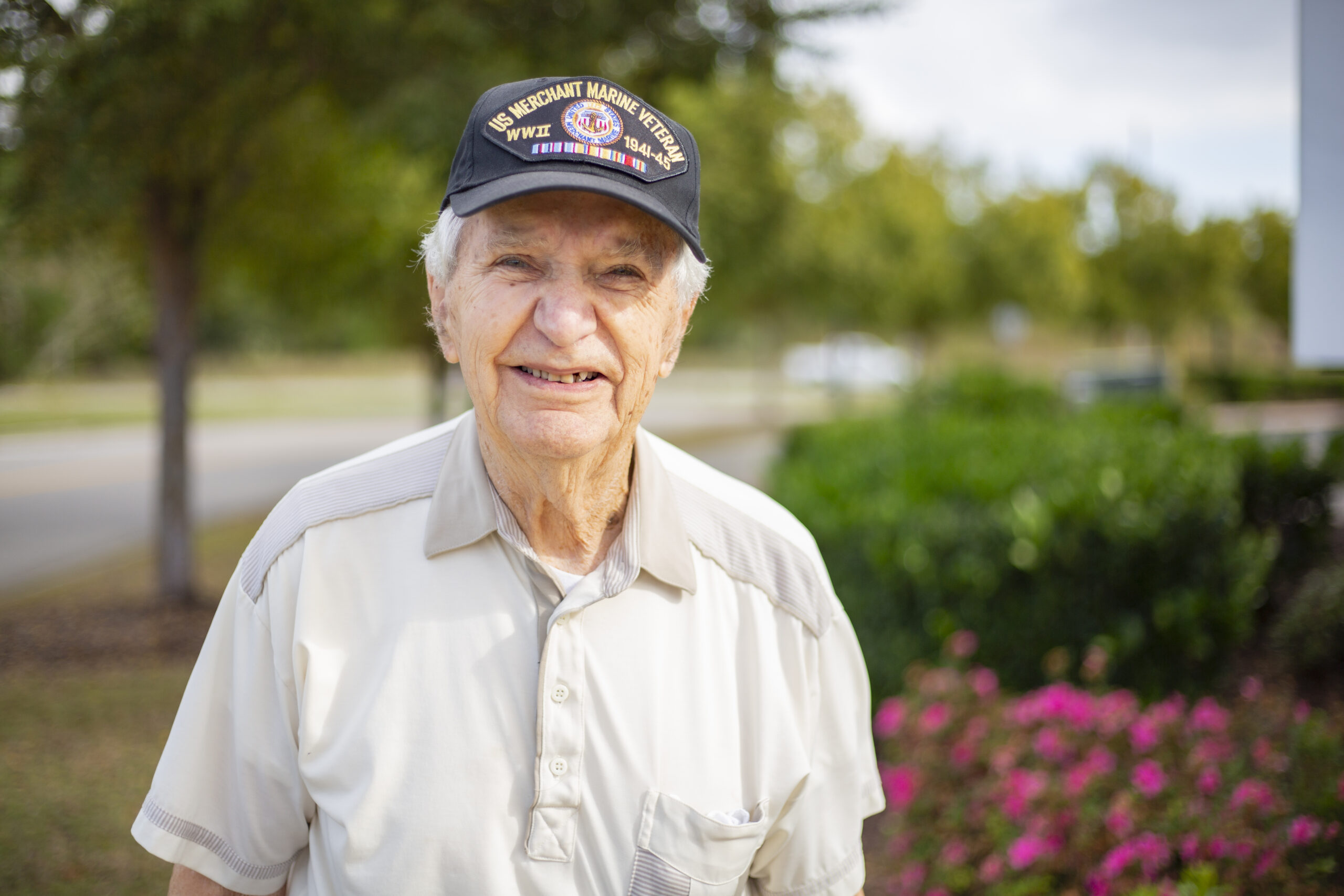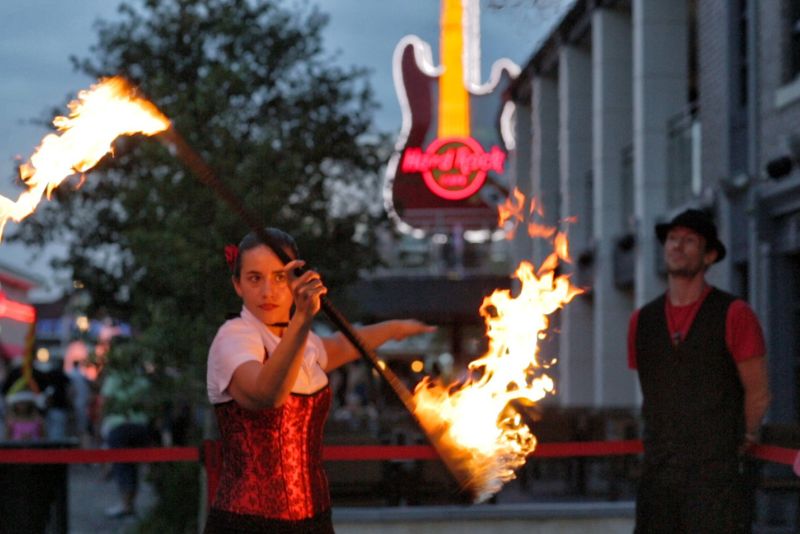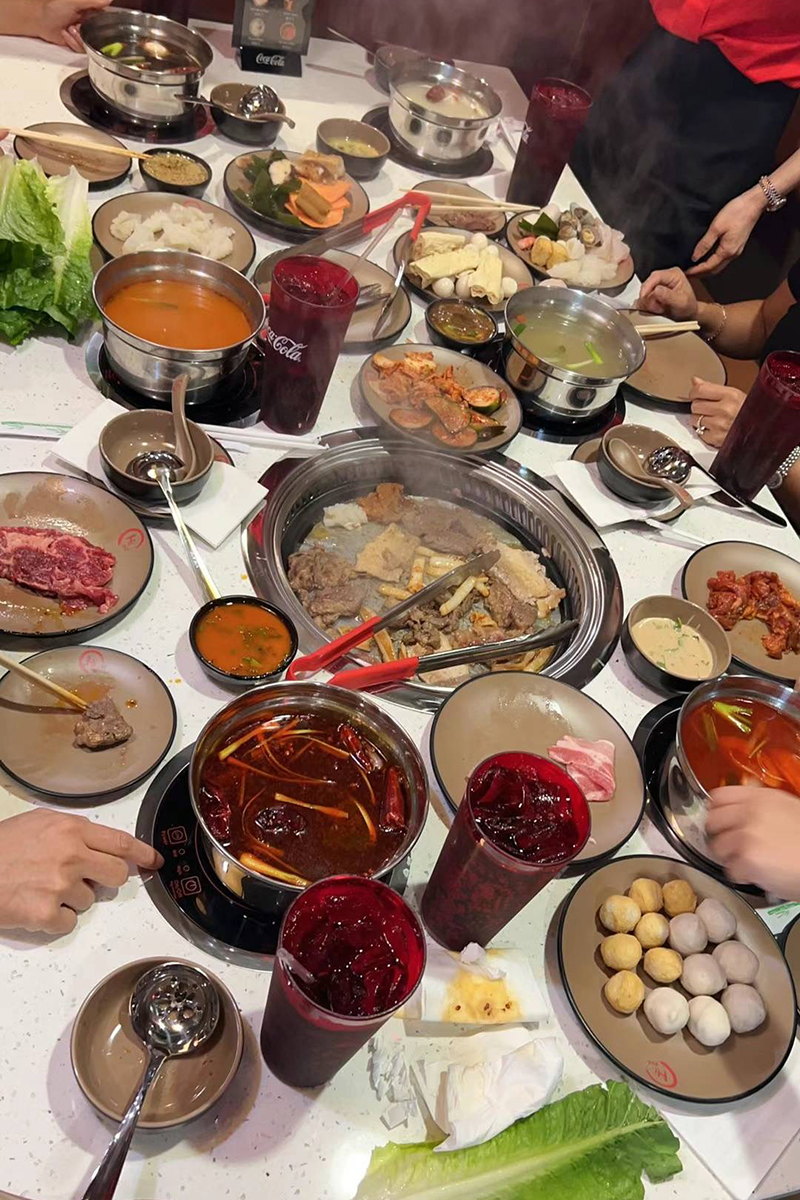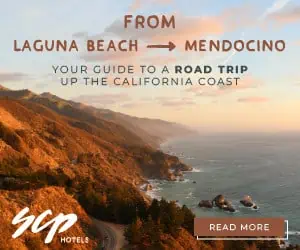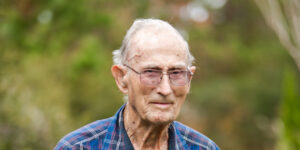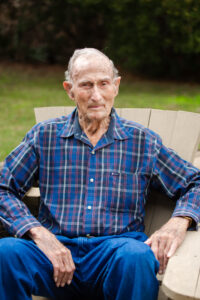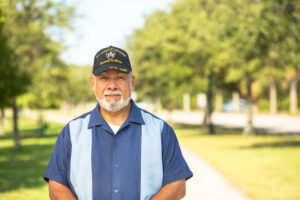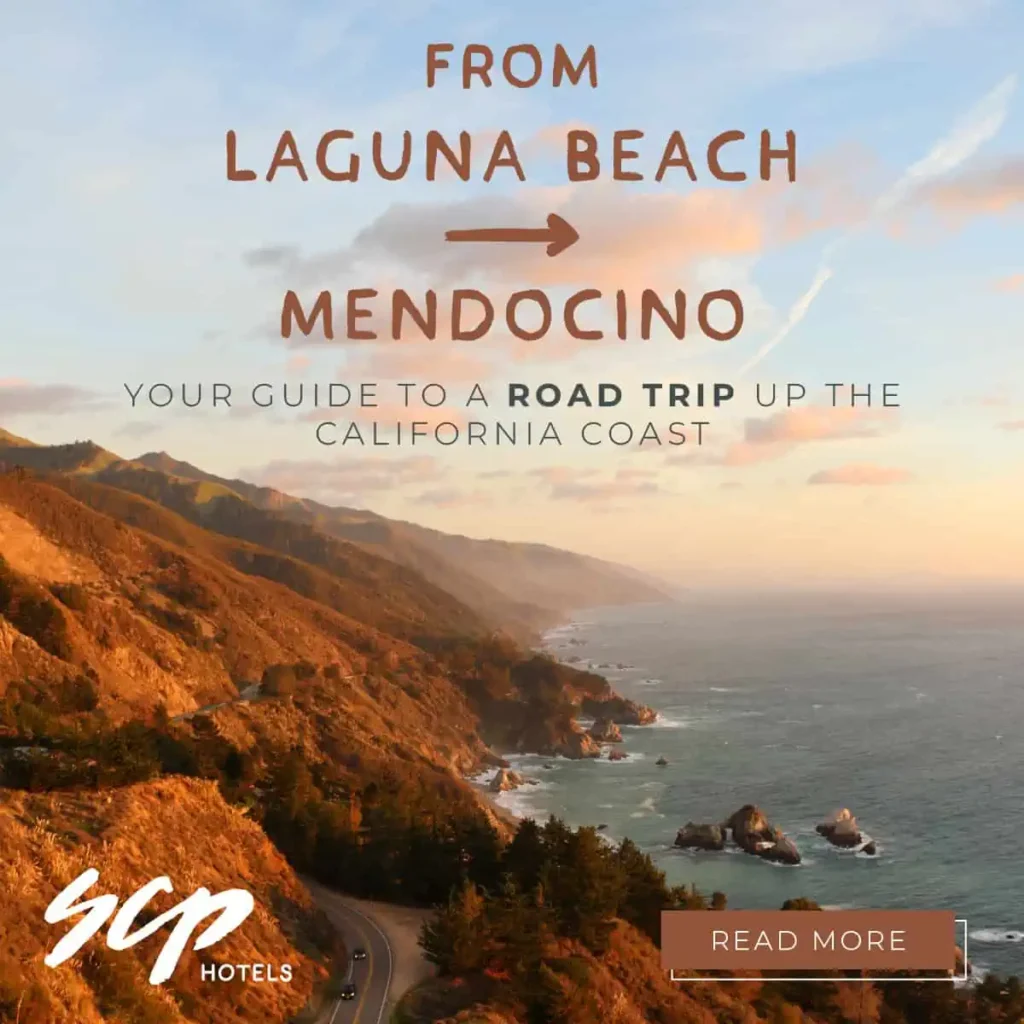WWII U.S. Marine Merchant Veteran
Celebrate Our Veteran gives voice to the stories of the U.S. military veterans living amongst us. The actions of these brave and dedicated people, who have served our country both in active military duty as well as administrative positions, have and continue to contribute to the protection and preservation of us and our country.
We hope that this section of our paper is an opportunity for our community to hear and see veterans with new eyes, and for veterans to receive recognition and honor for their experiences and life journeys.
This month’s Celebrate Our Veteran recounts the story of Clarence Newcomer as told in his own words. To be continued in next month’s Celebrate Our Veteran column. Click here to read Part 2.
by Melissa LaScaleia
“I was born on October 26, 1926, in Mannheim, Pennsylvania. I went to Manheim high school and graduated in June 1944.
It was World War II. A friend of mine was on the wrestling team with me, and asked me if I’d like to join the Merchant Marine with him. And I had no idea what they were.
He told me that they are the men who man the ships to take supplies over for the allies. We thought it was another branch of the military.
So we signed up in Philadelphia, and went to Sheepshead Bay, New York on November 1. And we took the oath, and we swore to uphold the constitution of the U.S. And then we went for our basic training.
Three weeks after we were there, the Red Cross notified my officers that I needed to get home as soon as possible, as my father was gravely ill. I rushed home but I was too late. My brother met me at the steps of the hospital and said, “Dad is gone.”
It was a shock for me. My dad saw me off when I went to get on the train. And to me, he looked as healthy as could be.
I was home for ten days. I had to return to my post, or I would have been court-martialed.
We were trying to get my other brother home, but it was impossible. He was fighting in the South Pacific.
After I left my family and returned to training, there was a shortage of crew members and I was sent off immediately. I had very little training as a result of taking a leave and the quick turn around time. And by December 15, I found myself on the way to Boston, Massachusetts, and off to Europe.
The first ship I was on was the SS Marine Robin, classified as a C-4 transport; we transported troops. My first job was to serve the army officers food. It was on-the-job training. Thank God I met a very nice sailor who took me under his wing and taught me what to do.
My first day I was supposed to serve the Army officers breakfast, lunch and dinner. I was a mess boy, like a waiter. After that, I would serve the crew. Then I was a storekeeper, in charge of all the food supplies for the entire ship. I did this on all of the ships during my time at sea.
We left for Swansea, England in a convoy. In the convoys, you were miles from another ship, and you never knew if a ship had been torpedoed or not. That was one of the biggest dangers of being at sea— the German submarines that would torpedo you.
While we were at sea, they would notify us of any books that might be of interest to us. One day I heard of one by Captain Arthur R. Moore, titled A Careless Word… A Needless Sinking. In it, he made a list of all the ships he could find that were torpedoed, bombed or sunk. It’s quite a book.
My curiosity got the better of me. So I read it and I thought, “Oh my goodness. Danger at sea, how lucky can I be?” It’s a saying I included in the account I wrote of my history for my children and grandchildren, the story of where I was and what I did.
So you can imagine how shocked I was when I found out that on my first trip, not in my immediate area, but close, over the span of a month, there were 13 ships sunk, 19 crew members killed, and 9 navy members killed.
I wondered how long I could continue to be on the right ship at the right time at the right place.
I went to England and then back to New York. Then we left again almost immediately, transporting another group of troops to Southhampton, England and Le Havre, France.
That second trip began on January 23, and we came back on February 26 to Boston. On that trip, 7 ships were sunk, 17 crew members lost, and 14 Navy crew members lost. After that, we followed the same route again with more troops, Boston to Le Havre and Southhampton, from February 27 to April 2, and then we came back to New York.
My third trip there were 8 ships sunk and 24 crew members lost. I wasn’t there but I was around that area, so I kept thinking, “How lucky can I be?”
Then I got back to New York, and left the next day. This time we went to Portland, England and Le Havre, France. We returned a month later. On that fourth trip, 14 ships were sunk, 92 crew members were lost, and 30 Navy crew were lost. I felt how lucky I was.
I thought I was in a branch of the United States military service because we had to obey all the rules and regulations or we’d be court-martialed.
I didn’t realize I wasn’t in the military until I got off my first boat, and there was a line for the Army and a line for the Merchant Marine; we were all getting paid.
When it was my turn, they handed me a notice for my union dues. We had no idea what we were getting into when we signed up and when we were on a ship. You got on a ship and did what they told you to do and that was it.
The war was dying down and I could have gotten out if I wanted to. But our troops were still in Europe and the South Pacific. And so they asked us to please stay on and help bring our troops home. We were bringing German prisoners to Europe and U.S. soldiers back to America, as well as transporting supplies over to Europe, like lumber and food and anything we could put on the ships so Europe could rebuild.
They were bombed to oblivion over there and needed all the supplies and materials they could get to begin rebuilding their countries. Because of this, we did stay on.
I made three trips on a ship called the SS Helen Hunt Jackson. That first trip we went to Cuba and Liverpool, England, and we came back on August 7, 1945, to Boston. We left on August 28 and went to Antwerp, Belgium and Bremerhaven, Germany. We got back to New York on October 11 and left on the 16th for Marseilles, France.”
To be continued…Click here to read Part 2.


